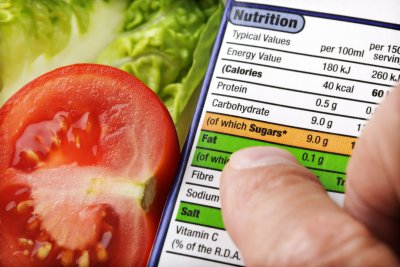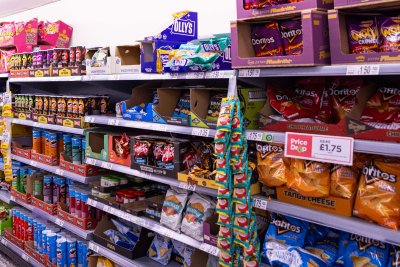Sustain: Sustain The alliance for better food and farming advocates food and agriculture policies and practices that enhance the health and welfare of people and animals, improve the working and living environment, enrich society and culture and promote equity.

Misleading guidance on breastmilk substitutes
Sustain members challenge UK advertisers and authorities on the integrity of the advice given on infant feeding
British and international regulations allow manufacturers of breastmilk substitutes to advertise their products to healthcare professionals, providing the information is ‘scientific and factual’. However, there is no mechanism for challenging whether adverts are in fact ‘scientific and factual’ in their content and presentation.
In practice, many of the claims made by manufacturers are not accepted by scientific bodies, on the grounds that the evidence may be weak or non-existent, or may relate to a product other than the one being advertised.
Sustain member the First Steps Nutrition Trust, the charity that supports healthy eating from pre-conception through early childhood, believes that this state of affairs misleads healthcare professionals. In response, it has produced a report, Scientific and Factual?, that examines the claims made in some of the adverts recently placed in trade journals and magazines.
First Steps says that its report demonstrates that healthcare professionals must be vigilant in order to avoid being misled by adverts. It also calls on the editors and publishers of the magazines in question to exercise judgment when called upon to accept advertisements that may mislead their readers.
Meanwhile, another Sustain member, Babymilk Action, has presented information to Parliament which it says shows that babymilk marketing regulations are being broken in the UK 'with apparent impunity' by major companies. And in Geneva, a UN Committee on the Rights of the Child is investigating whether the UK is fulfilling its obligations to meet the International Code of Marketing of Breastmilk Substitutes. In the past, the Committee has found the UK's actions to be inadequate.
Read more about Sustain's campaign work on children's food here.
Sustain
The Green House
244-254 Cambridge Heath Road
London E2 9DA
020 3559 6777
sustain@sustainweb.org
Sustain advocates food and agriculture policies and practices that enhance the health and welfare of people and animals, improve the working and living environment, promote equity and enrich society and culture.
© Sustain 2026
Registered charity (no. 1018643)
Data privacy & cookies
Icons by Icons8







